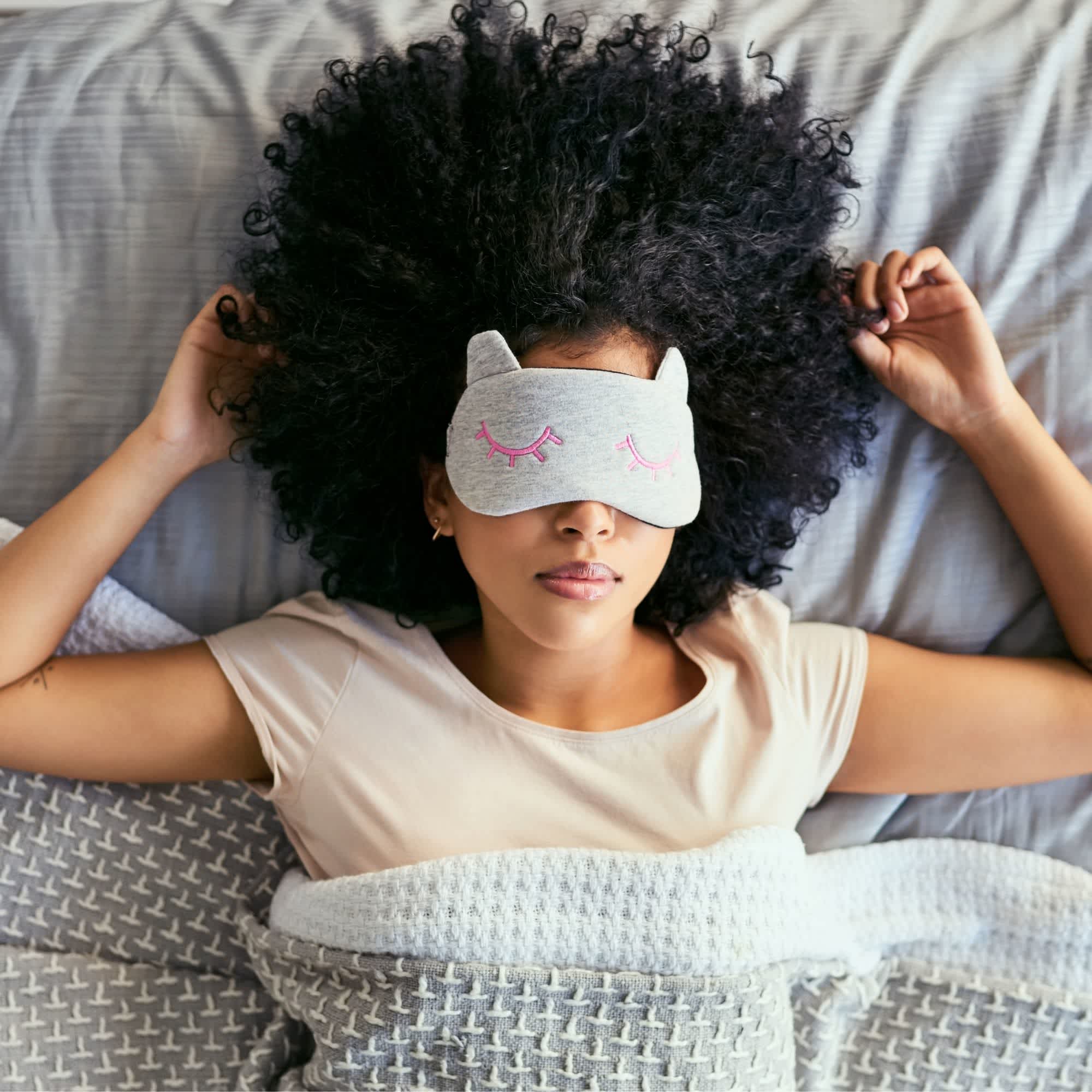
- POPSUGAR Australia
- Beauty
- The Quickest Ways to Improve Your Sleep
The Quickest Ways to Improve Your Sleep

Sleep is incredibly important for human beings — and it’s something many of us struggle to get. It’s become such a problem that the US Centre for Disease Control and Prevention has declared insufficient sleep a public health issue. They indicated psychosocial stress, alcohol consumption, a lack of physical activity and social media as aggravators.
Mindfulness app Headspace’s Director of Meditation, Eve Lewis Prieto, says that “current affairs, financial pressures, stress, loneliness and burnout” all contribute to a sleep crisis.
Daily rituals like meditation can help bolster our resilience to stressful moments. Prieto says, taking care of your mind is not just for that crisis moment. “It’s the vitamin vs. the paracetamol argument,” she says. “We need to maintain our mental health, just as we do our physical health.”
Prieto recommends carving out as little as 10 minutes a day for practices like meditation, which are scientifically proven to build neural networks that enhance mental and physical wellbeing. Carving out time for meditation is made easy with the Headspace app, but there are other techniques you can use.
What you do before bed is as important as what you do in bed, so here are some sleep hacks if you’re struggling with nodding off.
Create Regular Habits Around Sleep and Exercise
Creating a routine takes time – but by going to bed at the same time each night, and waking at the same time each morning, your circadian rhythm will regulate. Oxford Research published a study in 2019 that demonstrated changes in habits are context and cue-driven. Their example was linking the behaviour “going for a walk” to a naturally-occurring, once-daily cue – “after breakfast.”
This has been referred to in behavioural psychology as “Habit Stacking” – by committing to a regular exercise routine that takes place at least three hours before bed (your cue could be “arriving home from work” or “logging off”) or practising meditation before bed (your cue could be “brushing your teeth” or “washing your face”) you will increase your chances of falling asleep at the same time.
Create a Pro-Sleep Environment
Cool environments are conducive to better sleep, a temperature of 15-23C is optimum for sleeping. Having a fan at the end of your bed will help keep the air fresh and moving — if you’re an allergy sufferer, fans like the Dyson Purifier Cool Autoreact ($799.00) could be worth the investment.
Track Your Diet and Subsequent Sleep
The food you consume has a major impact on sleep so if you regularly struggle to fall asleep or wake up throughout the night, you might want to track your diet. You can do this using a pen and paper or an app like MyFitnessPal, which lets you log the food you eat throughout the day and then compare it with your sleep insights. The data should help you identify the foods that are conducive to good sleep.
Stay Comfortable
We mentioned cooling down can help you sleep, so can staying comfortable. Pick up some bed sheets that tick both boxes.
As well as being a little bit luxe, silk sheets help your body cool down. I’m a huge fan of pillowcases from Silvi – the brand uses silver-infused mulberry silk. Their pillows are clinically proven to eliminate 99.7% of bacteria linked to acne breakouts and inflammation. They also make bamboo silk sheets.
Stay Calm
If you’re struggling to get to sleep it could be a good idea to switch your nighttime doom-scroll (or Instagram “investigation” of that girl you went to high school with) with some meditation, or a sleepcast.
For those who find meditation challenging, you might want to try sleepcasts, which require you to do pretty much nothing. These 45-minute, detailed narrations of journeys are designed to take you out of your thoughts and into a vineyard as sunset, or a campfire in the desert. If you have a restless mind in need of some stimulation, these AMSR-esque visualisations are perfect for you.




